This a crosspost from Saideman's Semi-Spew. This week, we found out that Brandon Valeriano died. It is quite gutting as he had such a terrific spirit, and he was too damned young. Brandon stood out from the crowd at all the conferences as he was...
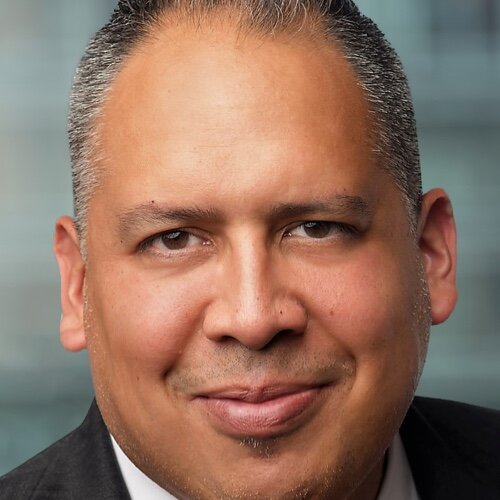

This a crosspost from Saideman's Semi-Spew. This week, we found out that Brandon Valeriano died. It is quite gutting as he had such a terrific spirit, and he was too damned young. Brandon stood out from the crowd at all the conferences as he was...
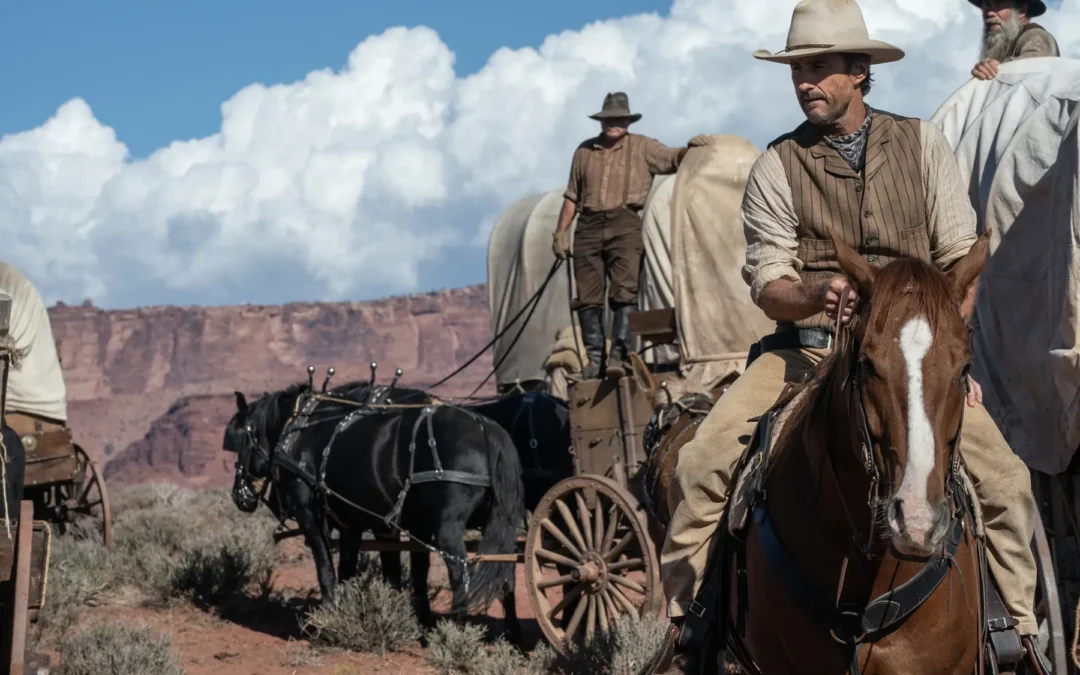
In the recent Settling for Less: Why States Colonize and Why They Stop, Lachlan McNamee makes a rationalist argument—“colonization projects” are “characterized by a triangle of actors—settlers,...
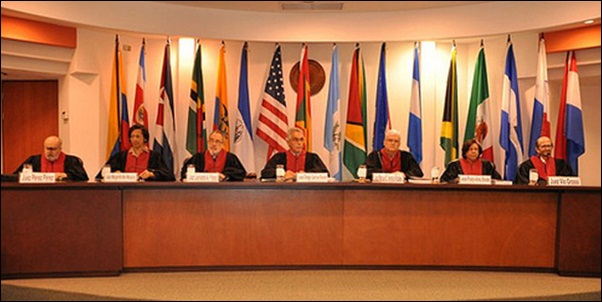
1. What is the name of the article and what are its coordinates? Aníbal Pérez-Liñán and Angie García Atehortúa. 2024. “Oversight Hearings, Stakeholder Engagement, and Compliance in the...
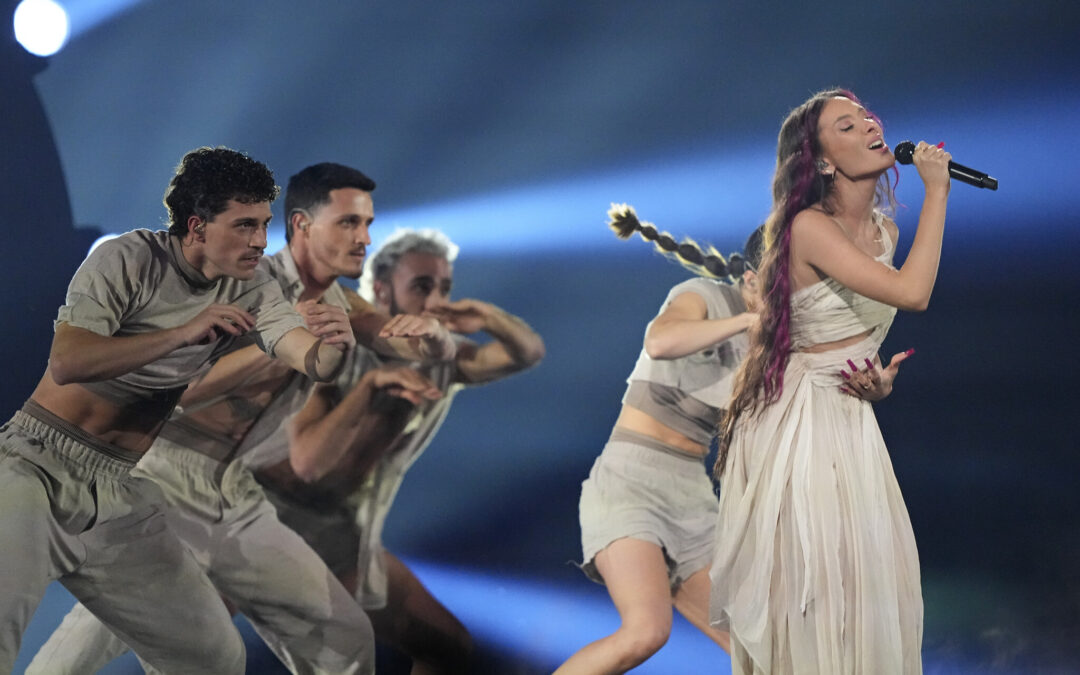
Last year I was on a sabbatical in Edinburgh, and my family and I watched Eurovision for the first time. We loved the out-there electro-pop versions of local folk music, got bored by the slow...
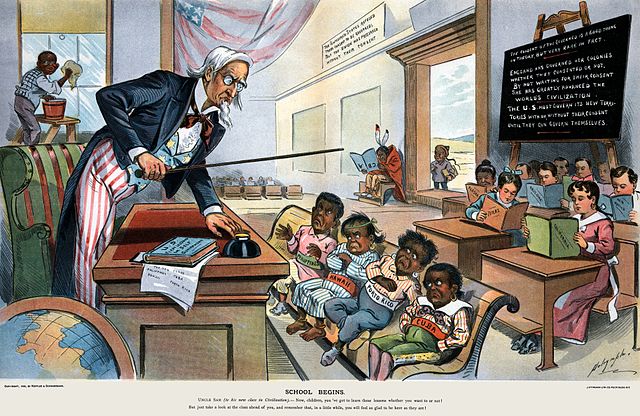
The Biden administration’s jarring revisionism on economic policy toward China (and by extension the world) is reviving discussions (most acute during the Trump and George W. Bush years) about whether it’s right to label the United States a revisionist power. There’s a lot at...

A distinctly unoriginal take on the pathologies of overvaluing academic “novelty.”
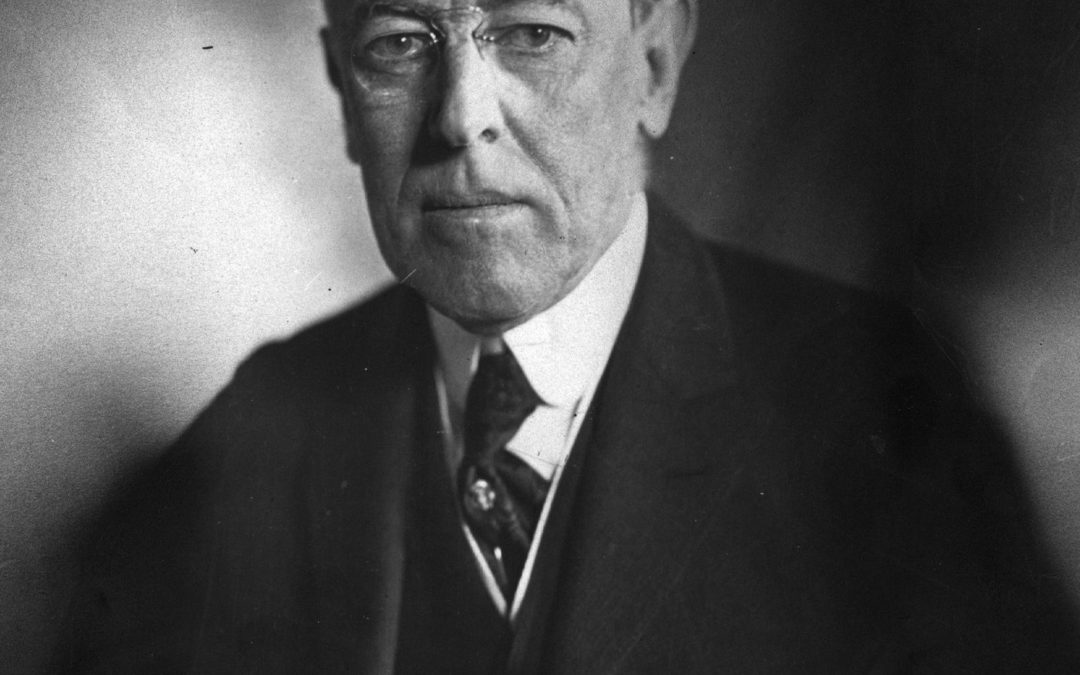
When I first started teaching intro to IR, I closed the semester with lectures on climate change and the second Congo war (or "Africa's world war"). This was part of my effort to include current and overlooked aspects of international relations. As time went on, and discussions spread about how IR...
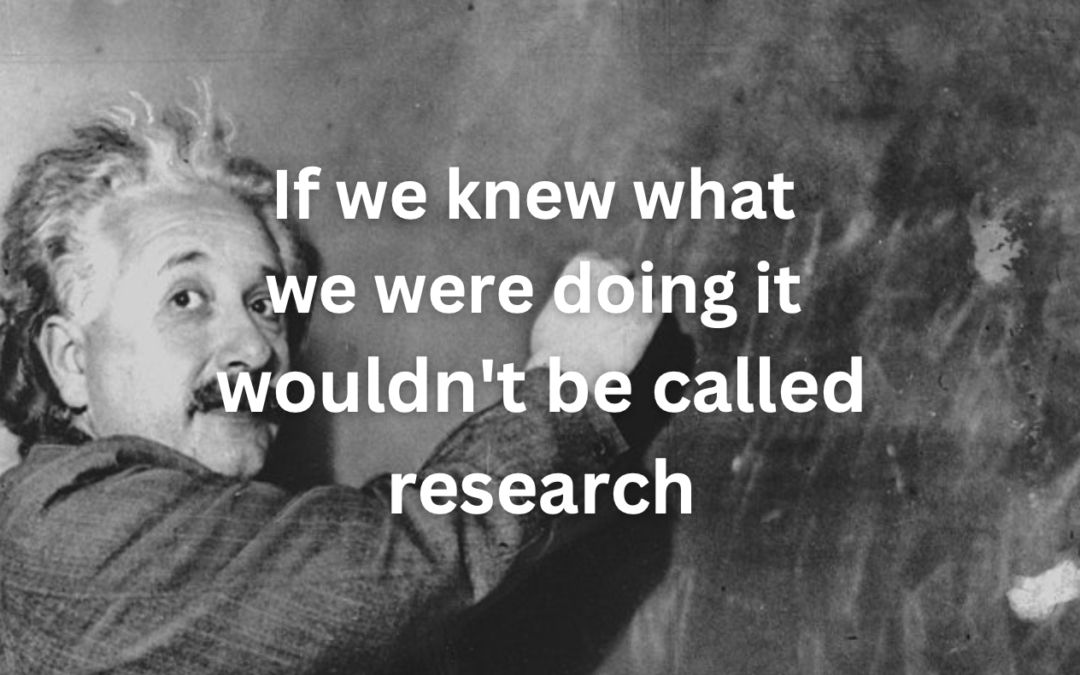
We need a critical strategic studies, or maybe a strategic peace studies. Critical security studies, of course, is a venerable research tradition that I sometimes identify with. There are also scattered references to the phrase “critical strategic studies” out there...
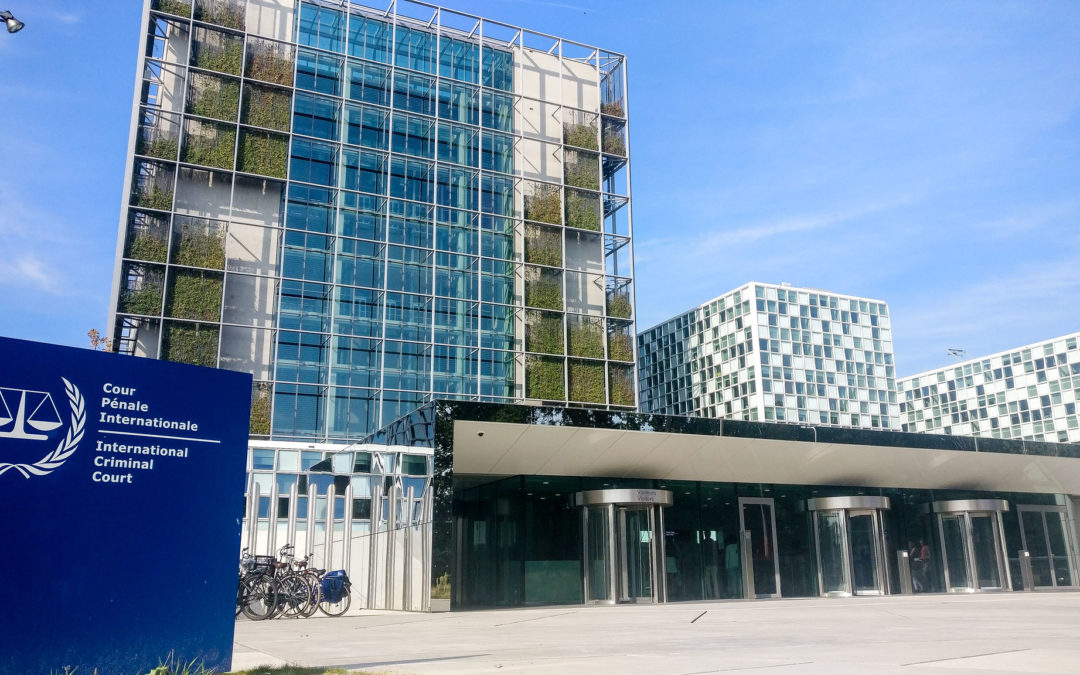
When it comes norm dynamics and how we theorize them, uncertainty presents something of a paradox. We study norms because we think that they matter. But if norms are inherently uncertain, then how is it possible that they constitute, constrain, and otherwise shape the behavior of global actors? Unless norms produce stable and defined expectations, then how can they have the power to structure international politics?
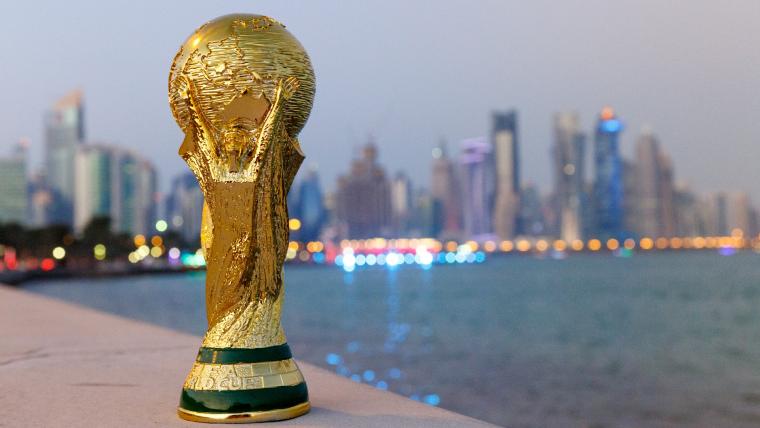
Millions of people around the world are watching breathlessly as teams compete in the World Cup, held in Qatar. Many others--like me--tune it out, turned off by that guy in grad school who spent a semester in Barcelona and then pretended to be a life-long Spain fan. But this year, the World Cup...
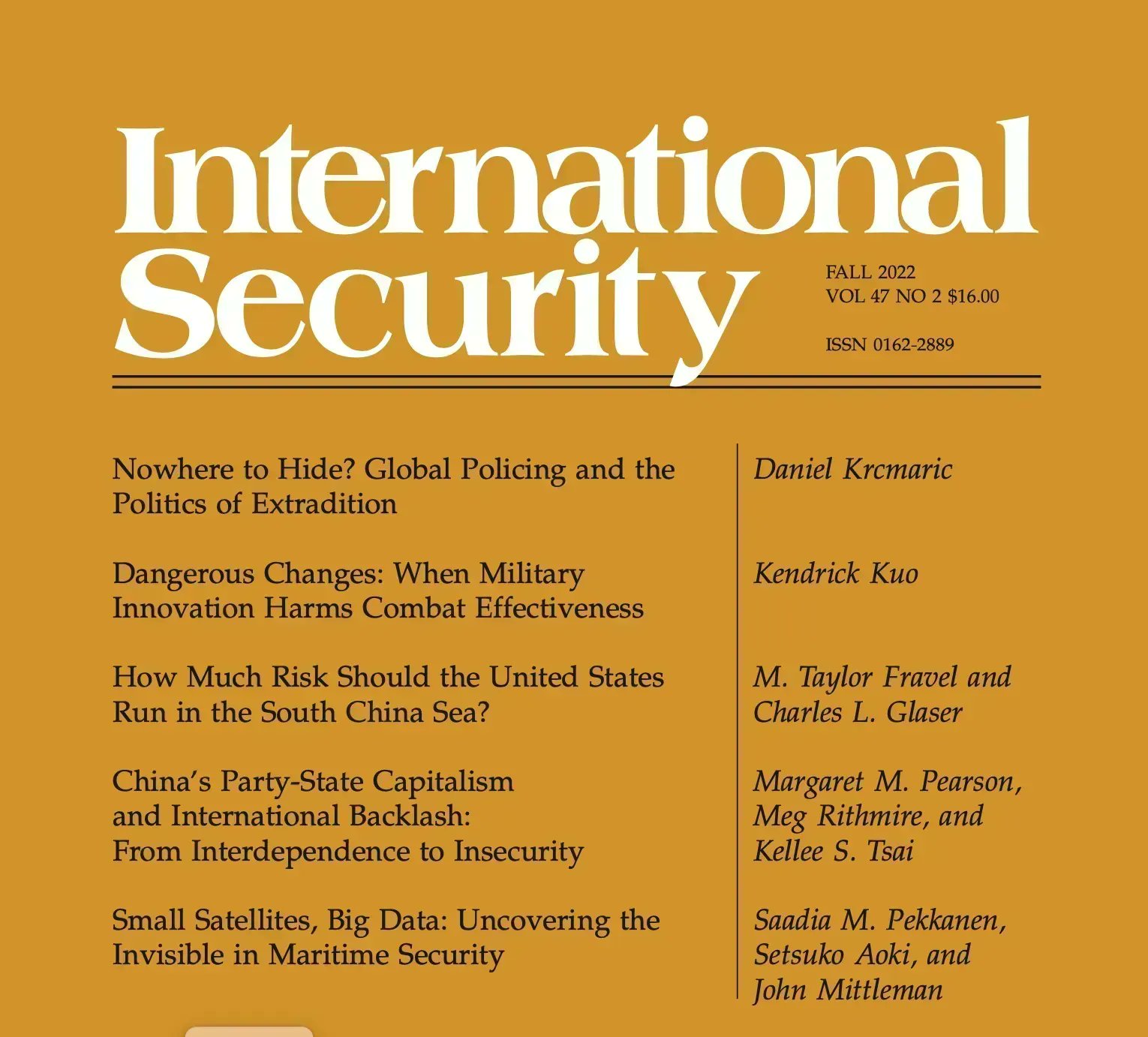
I write to you as the new executive editor of International Security, the first woman to hold this position. I am taking the opportunity graciously provided by the Duck of Minerva team to introduce myself to you. I also want to thank my most recent predecessors, Sebastian Rosato (pro tem), Morgan...
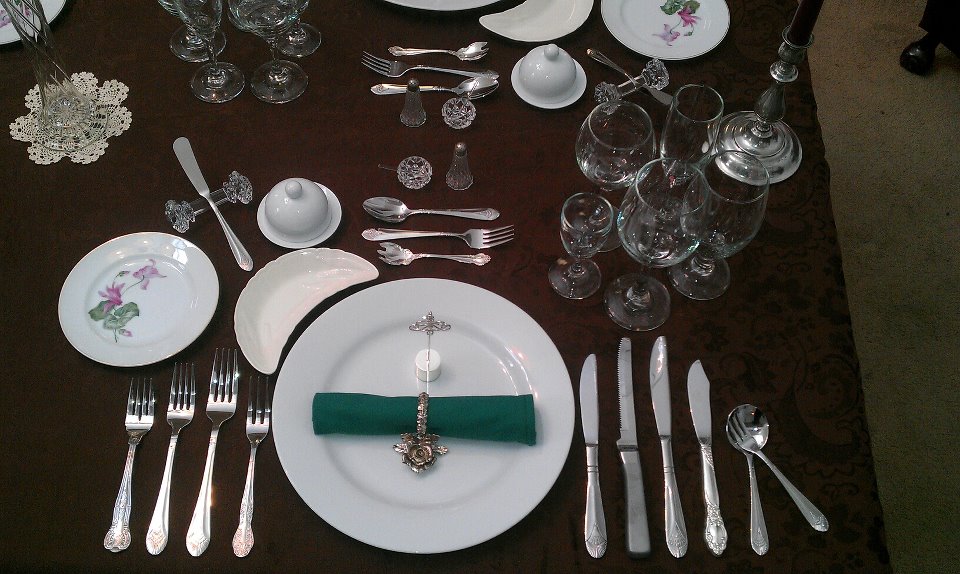
The Bidens are serving the Macrons US-made wine and cheese. A cute gesture or a clumsy diplomatic move?
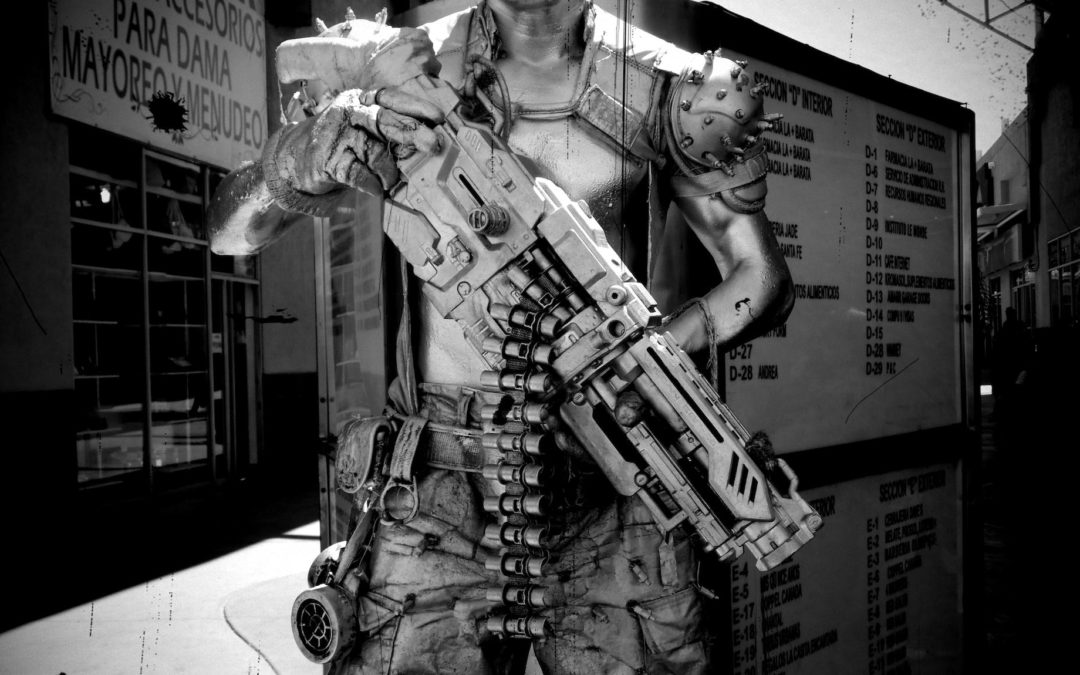
Since 2014 the international community has considered the issue of autonomy in weapons systems under the framework of the United Nations (UN) Convention on Certain Conventional Weapons (CCW). Despite hopes that 2022 would see some kind of breakthrough, the 2019 eleven guiding principles remains...
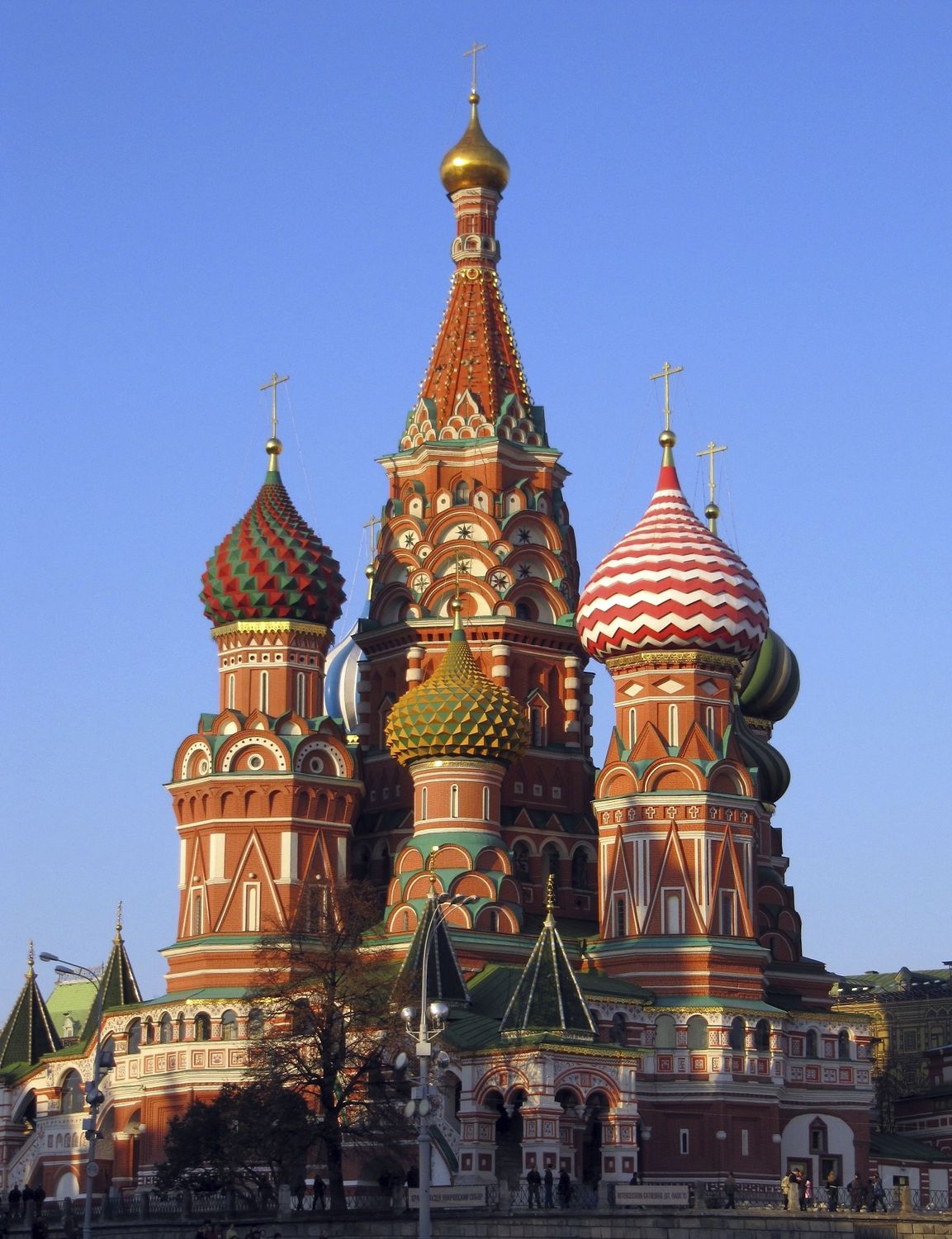
“Some came to kill and the others came to protect” says the main male character with a charisma of a doorknob to his love interest in the “based on real events” movie “Crimea” (2017), financed by the Russian Ministry of Defense. The hour and a half epic features many equally deep and...
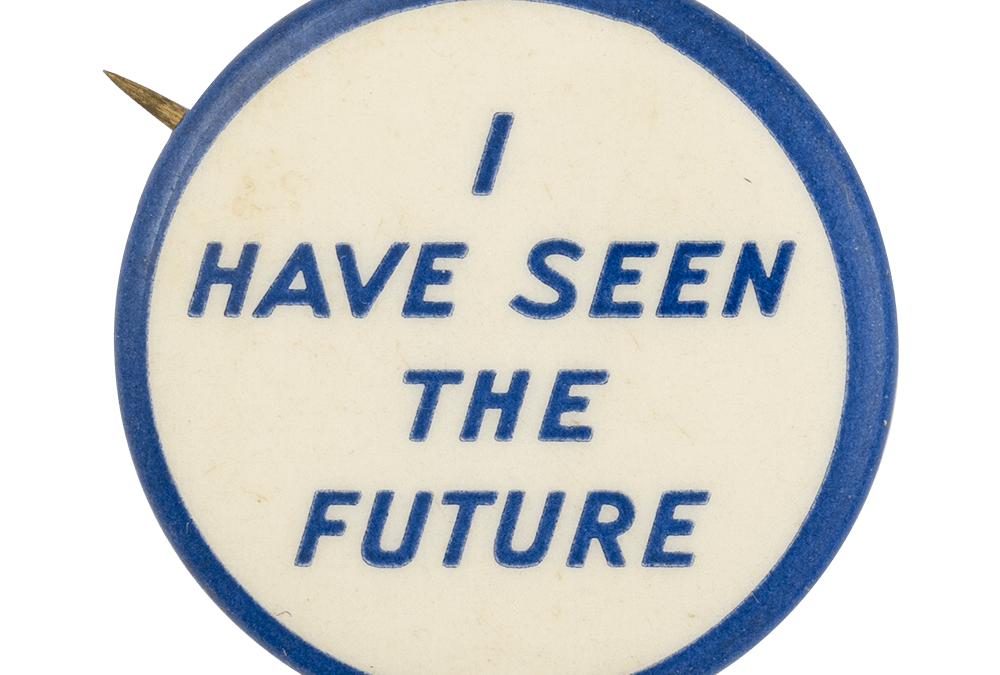
At the 1939 World Fair in New York City, the big attraction was "Futurama," an exhibition put on by the U.S. car manufacturer General Motors. Every visitor to Futurama received a souvenir — a small blue-white badge that read “I have seen the future.” That is, the future presented by (at the time)...

In a world of multiple and overlapping crises, can norms and rules-based institution still create order amidst uncertainty? Do existing norms and frameworks for international cooperation enjoy sufficient legitimacy to help us navigate the interacting and concatenating effects of crises? A new symposium explores the question: “Whither norms (research) in times of uncertainty?”